Swiss-born foreigners face passport hurdles
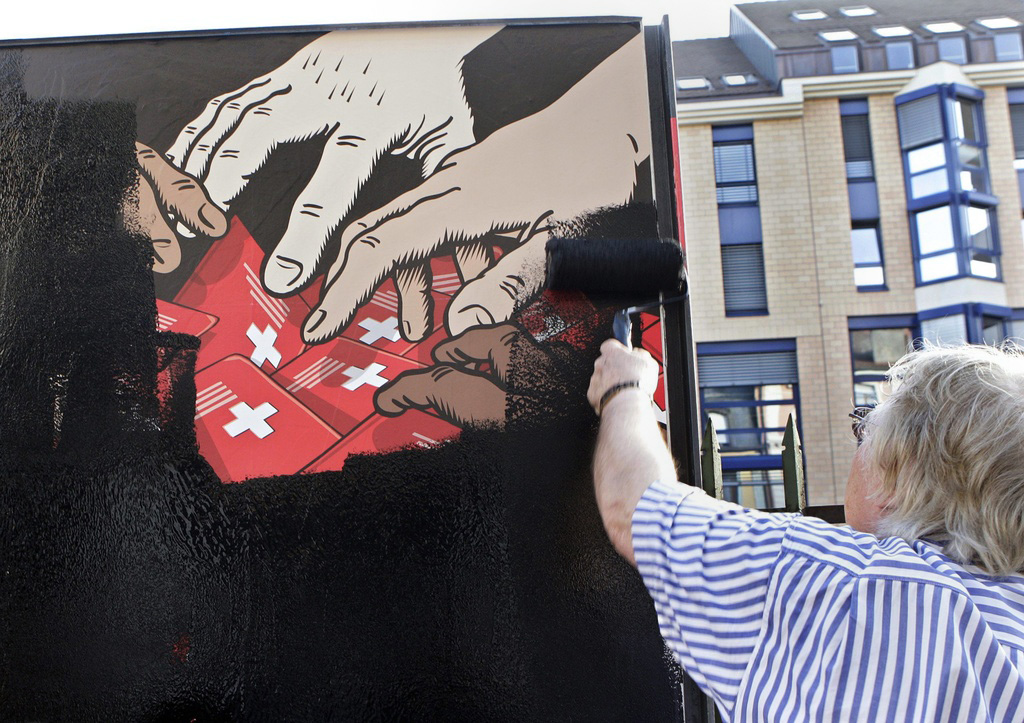
If they commit a crime, second generation Swiss residents could be expelled to countries they have never seen after the recent vote to expel “criminal foreigners”.
Switzerland has 350,000 foreign residents born in the country, children or grandchildren of immigrants, the so-called “secondos”. Many regard themselves as Swiss, but do not have a Swiss passport.
When the new initiative becomes law, if they commit a crime no difference will be made between such long-term residents and recent arrivals. So why don’t they apply for citizenship?
One of swissinfo.ch’s readers thinks he has the answer: “they would of course have to do military service like my sons. No, they want all the privileges of living in Switzerland without the obligations”.
In fact there are many reasons why so many secondos do not become naturalised.
“For many of them there’s no particular advantage in gaining citizenship; some even face disadvantages, because they lose their original citizenship,” Pascale Steiner, of the Federal Commission for Migration Issues, told swissinfo.ch.
Send signal
Switzerland’s attitude to its secondos also sends a signal, said Steiner. A child born in Switzerland to foreign parents receives a residence permit, in which its arrival date is shown as the day it was born.
“The Commission finds this really problematic. These young people really are Swiss. It’s only on paper that they are not. For many of them it rather sticks in the throat that they have to submit a request and face an obstacle race before they are given citizenship.”
This feeling of humiliation is echoed by Cristina Anliker-Mansour, the secretary in charge of migration at the Unia trade union.
“I’ve heard many of them say: ‘Why should I pay for it? Switzerland should recognise me. I was born here, grew up here, I’m Swiss, but am treated as a foreigner.’”
Indeed, in many European (and other) countries, birth in the territory gives automatic citizenship. Where it is not, people often have the option of taking it later, or at least enjoy facilitated naturalisation procedures.
This is not the case in Switzerland. Anliker-Mansour feels this is quite unfair – especially since many Swiss living abroad have benefited from the much more relaxed naturalisation laws of their adopted countries.
Political problem
Steiner pointed out that at one time foreign women who married Swiss men were automatically granted citizenship; although the law in this respect has been changed, it would be possible to introduce a similar automatic procedure for foreigners born in Switzerland.
But the topic is a thorny one. Swiss voters have three times turned down easier naturalisation for Swiss-born foreigners.
Although the government is currently revising the law on citizenship, the secondo generation is being left out.
“They are afraid, because that would mean a change to the constitution [which would require a nationwide vote], and they are afraid that it would be turned down again,” Steiner suggested.
Cost has been another reason, although applicants now only pay administrative costs instead of up to SFr50,000 ($50,000) in the past.
For some, the procedure is overly complicated. “The system and gemeinde [commune] are working against you at every step,” a swissinfo.ch reader said. “There should be a national fixed cost and system, not the patchwork quilt that we have now.”
One day, perhaps
swissinfo.ch asked a couple of secondos, who wanted to remain anonymous, why they hadn’t taken a passport.
The first, whose parents came from Spain, said he had all the rights, apart from voting, that Swiss citizens have. The reproach that he wanted to avoid military service might once have been true, but he is now past the age.
The other, of Italian parentage, gave as his spontaneous answer: “I think it’s probably because I’m proud to be Italian,” but added that basically he felt Swiss.
He admitted he might take citizenship, but was put off by the thought that officials would come round asking intrusive questions.
Two other secondos, both with Italian roots, explained why they had made the opposite choice.
“My mother – who was Swiss – made the application for me when I was still at school,” said one, who is now a dual national. “My father was Italian, and at that time the children only got the nationality of their father. Every year my mother had to renew her children’s residence permits.” Decades on, the thought of the humiliation still makes him angry.
The other took a Swiss passport at around the time he left school and gave up his Italian one as he had no close links to Italy. But his father decided against naturalisation when he discovered he would have to pay thousands of francs.
The interviewee did have to take a test to show his knowledge of Switzerland – when he didn’t know the answer he could say: “We didn’t learn that at school.”
He didn’t find it humiliating. “I was young, I took it as a bit of fun.”
There are 500,000 people born to immigrant parents in Switzerland. About one-third have become Swiss nationals.
A first-generation immigrant is someone who has moved to Switzerland, after being born elsewhere. A second-generation immigrant is born to first-generation immigrants.
More than half the permanent foreign residents in Switzerland fulfil the conditions for citizenship.
A total of just under 50,000 people were naturalised in 2009, up from 44,400 in 2008.
Most EU states follow the “ius soli” principle in automatically awarding citizenship to those born in the country. This incorporates children of immigrants.
Ius soli prevents persons born and raised in EU states from remaining foreign nationals with limited rights to residence and political participation.
However, many states have added conditions to the ius soli practice, such as granting citizenship only if a parent has lived in the country prior to the birth of the child in question.
Foreign residents must wait at least 12 years before being eligible to apply for citizenship.
Foreigners married to Swiss nationals can take advantage of a simplified or “facilitated” procedure, reducing the number of years they have to wait (see related site, Federal Migration Office).
Successful applicants must show that they are integrated into Swiss society, comply with Swiss law and pose no threat to internal or external security.
The cantonal and local authorities are responsible for naturalisation procedures.

In compliance with the JTI standards
More: SWI swissinfo.ch certified by the Journalism Trust Initiative
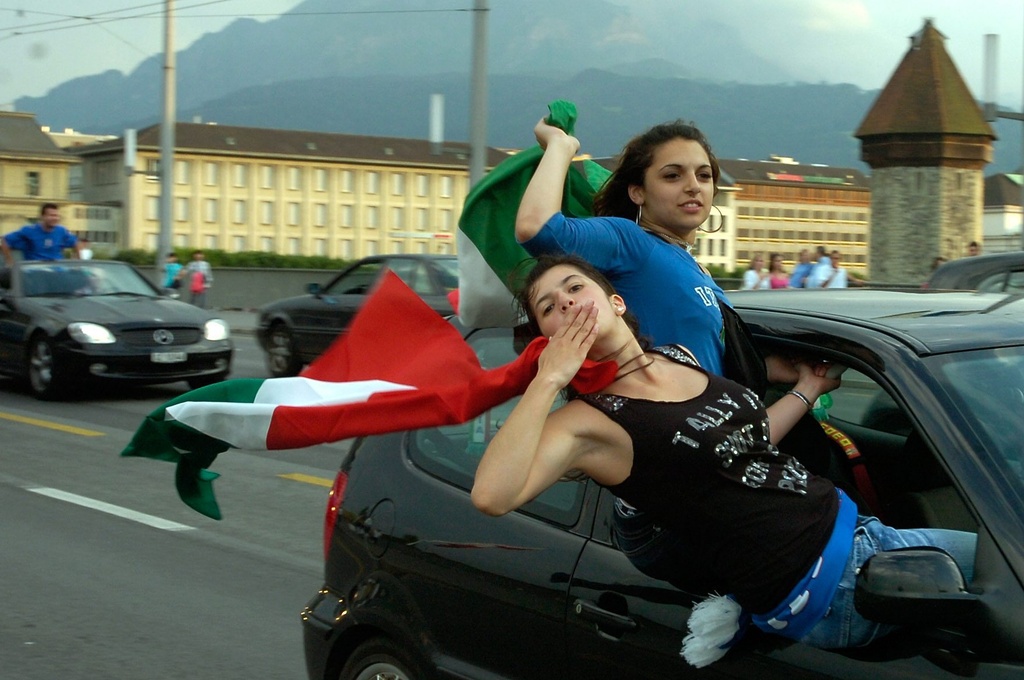
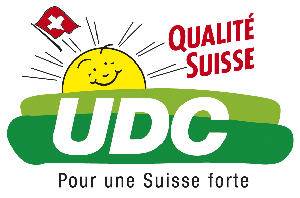
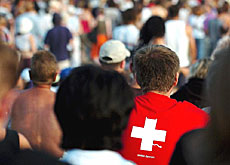
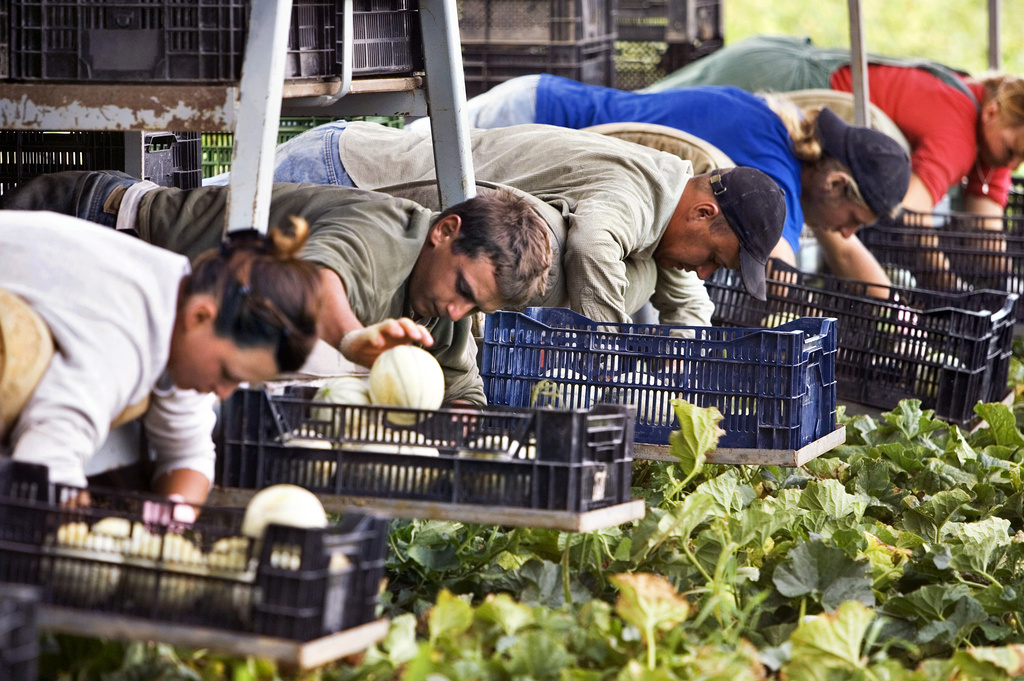
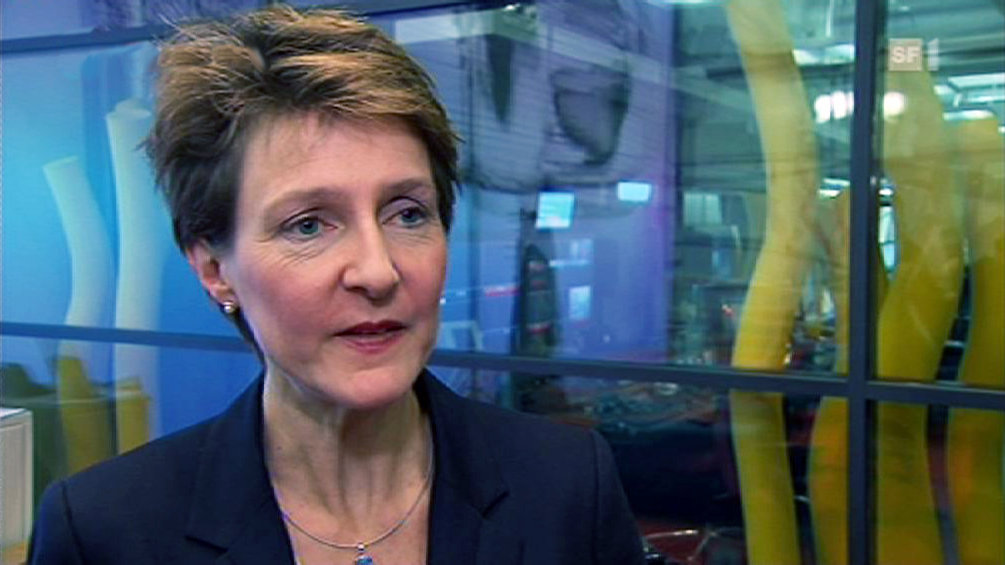
You can find an overview of ongoing debates with our journalists here. Please join us!
If you want to start a conversation about a topic raised in this article or want to report factual errors, email us at english@swissinfo.ch.